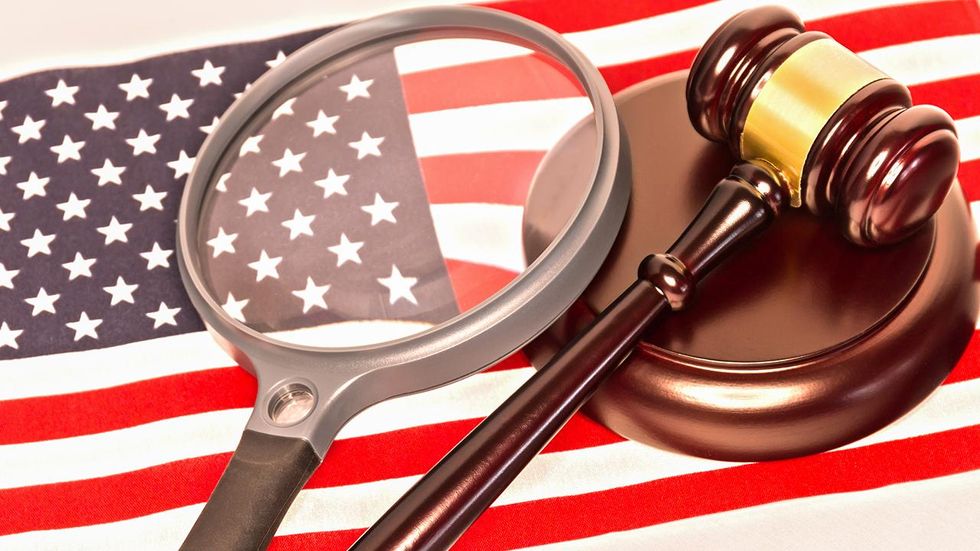
A Supreme Court case this month could decide the ability of the U.S. government to force tech companies to hand over electronic records, including emails, that are stored on overseas computer servers.
(Gregorydean/Getty Images)

A digital privacy case against Microsoft is expected to come before the Supreme Court this month, and it could renew concerns about how the government uses tech giants to fuel its world-wide spying efforts, Yahoo Finance reported.
At issue is whether the U.S. government can demand customer emails from tech companies, even when the emails are stored on foreign servers. Congress is also interested in the topic, and a group of bipartisan lawmakers this week introduced legislation to clarify the government’s ability to demand “cross-border data searches.”
If the proposed legislation passes, the Microsoft case won’t matter, the report noted. But if the legislation does not pass, the Supreme Court will tackle the complex and touchy topic.
Matthew Tokson, an, associate professor at University of Utah’s College of Law and an expert on digital privacy, told Yahoo: “Foreign countries may be troubled by the idea that U.S. law enforcement can search the files of any company with a U.S. office, even if those files are located overseas.”
“This is especially sensitive territory,” he added, “because U.S. surveillance of foreigners for national security purposes has already caused foreign countries to be wary of U.S.-based tech companies, hurting U.S. businesses.”
Jennifer Daskal of American University’s Washington College of Law also weighed in on the issue, citing the “ongoing concern about the scope of U.S. surveillance.”
Outdated laws — namely, the Stored Communications Act — are currently used to justify warrants that force tech companies to give the government electronic communications.
For example, the law was used to justify a 2013 warrant that demanded Microsoft give the government the contents of an email account reportedly used for drug trafficking. The emails in question were store in Ireland, so Microsoft refused, according to Yahoo news. Microsoft argued in a Supreme Court brief that there was no indication the customer “is a citizen or resident of the United States.”
A district court found Microsoft in contempt for refusing the government’s request. But a circuit court later sided with Microsoft, “on the grounds that the law doesn’t specify that its warrant provisions can be applied overseas,” Yahoo reported.
Government intelligence and police agencies defend the practice, saying it can deter serious crimes such as terrorist attacks, child pornography, drug trafficking and fraud.
Privacy advocates and whistleblowers, however, say it represents a gross violation of privacy protections provided by the Fourth Amendment.
Back in 2013, former National Security Agency contractor Edward Snowden publicly revealed documents showing the vast surveillance scope of the U.S. government. Through the documents, tech companies were shown to be facilitating the NSA's spying efforts. Snowden's information supported that of previous NSA whistleblowers who sounded alarms about the government's mass surveillance efforts. All of them have warned that the government's spying programs also collect vast amounts of data from average citizens.